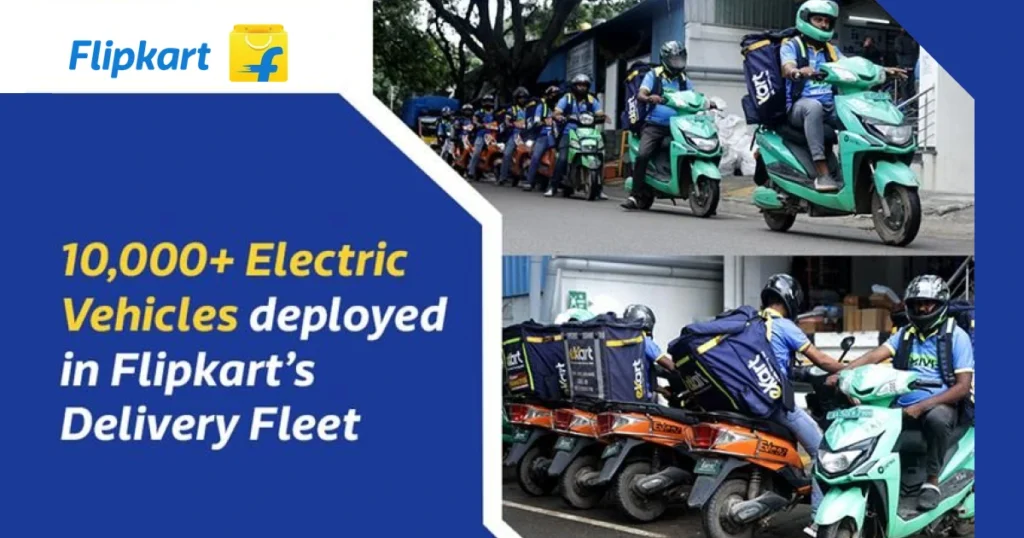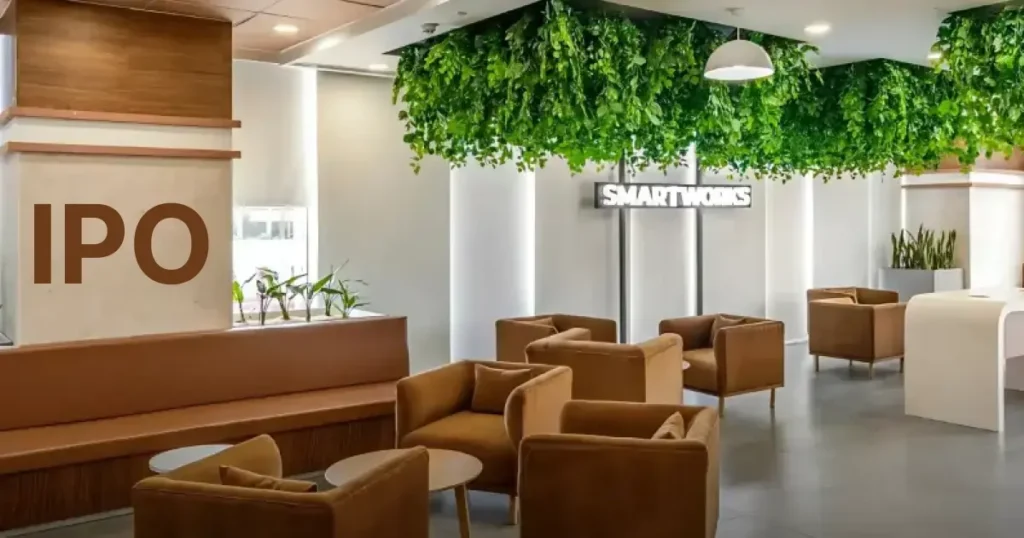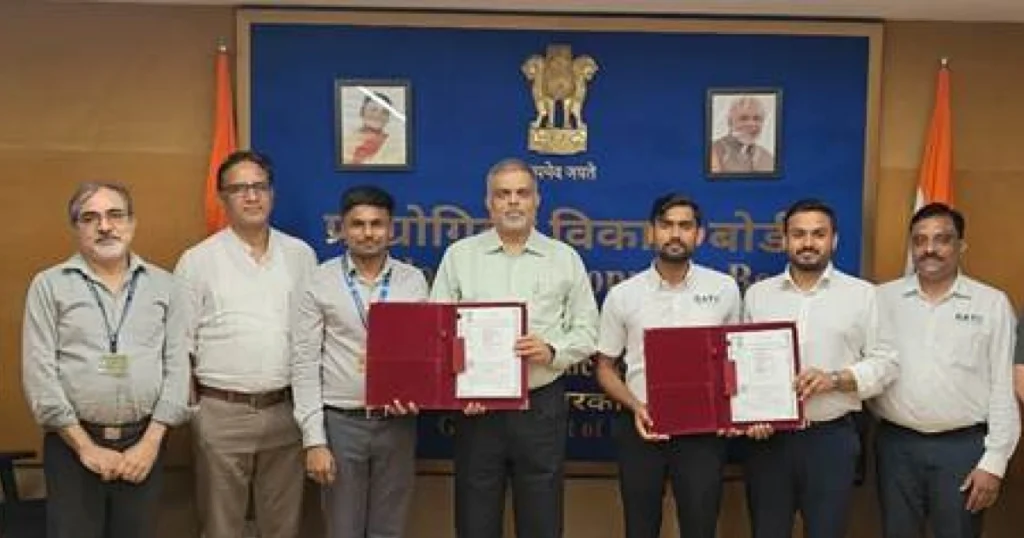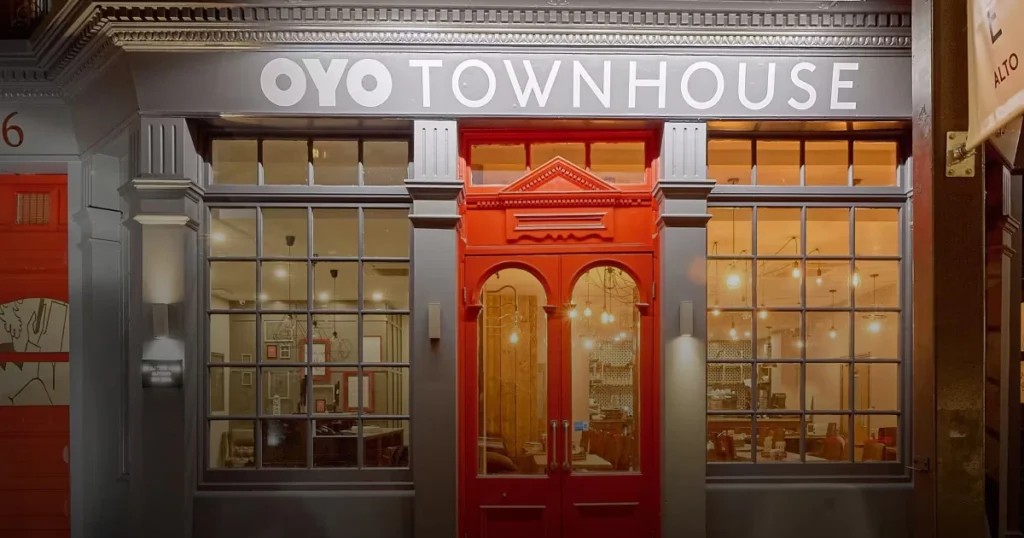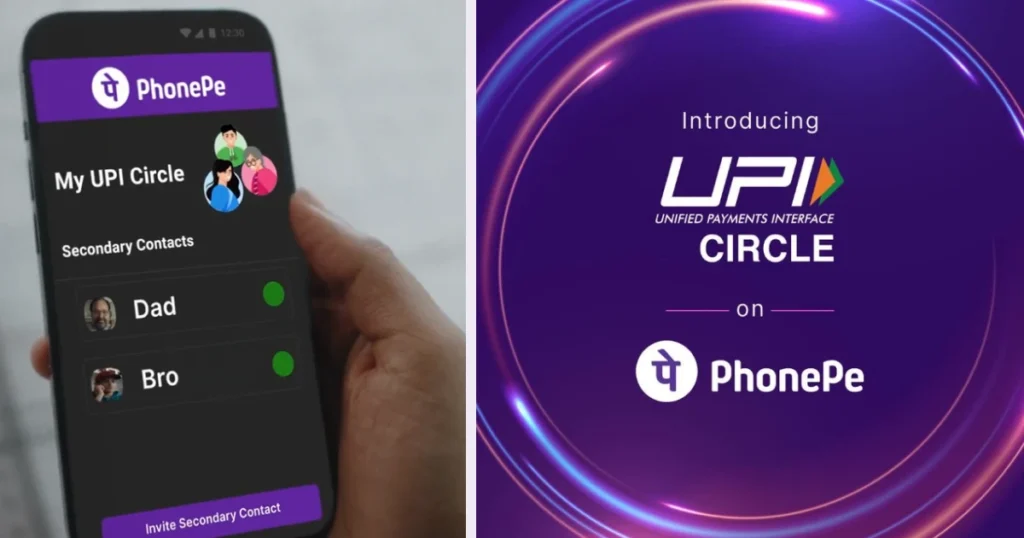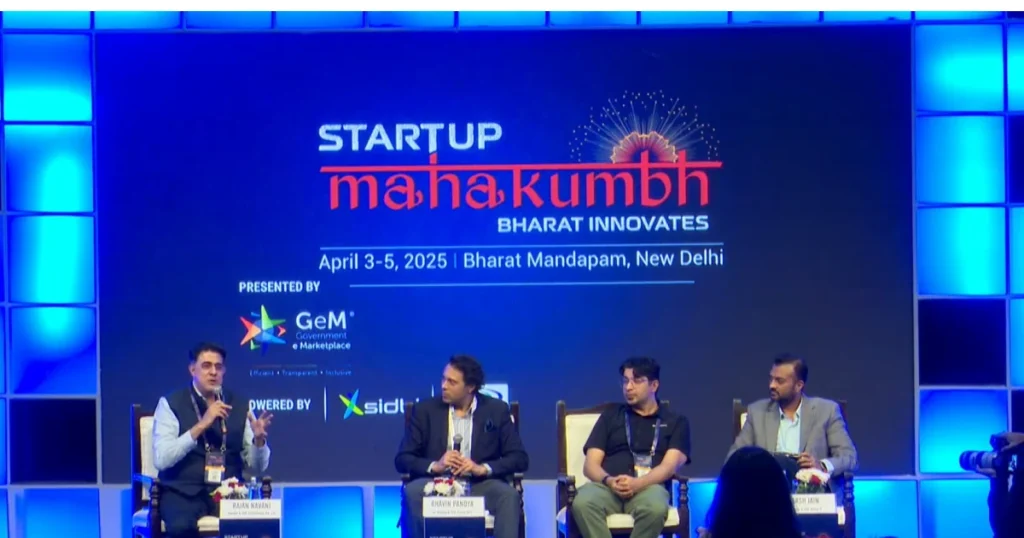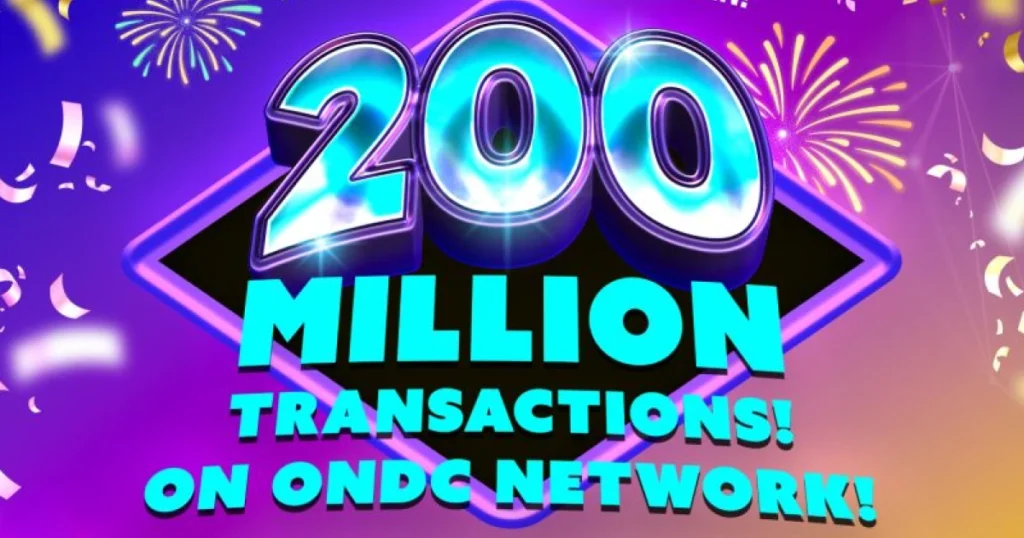Flipkart, India’s homegrown e-commerce giant, has achieved a significant milestone in its journey toward sustainable logistics, deploying over 10,000 electric vehicles (EVs) in its delivery fleet.
This accomplishment, which marks a key step in Flipkart’s goal of transitioning to a 100% electric fleet by 2030, aligns with the company’s commitment to the Climate Group’s EV100 initiative.
The announcement comes just ahead of Flipkart’s highly anticipated Sustainability Action Summit 2024, scheduled for November 13 at the India Habitat Center in New Delhi.
The company’s phased adoption of EVs has made a notable impact on its last-mile delivery operations.
With over 75% of Flipkart’s EV fleet now concentrated in Tier-I cities such as Delhi, Bengaluru, Hyderabad, and Chennai, the company has successfully integrated electric vehicles into its operations in these urban hubs.
Notably, more than 55% of Flipkart’s grocery orders were fulfilled by EVs by August 2024, and during the 2024 festive season, the company expanded its EV deliveries to Tier-2+ cities like Lucknow, Sonipat, Ludhiana, and Bhubaneswar, completing over 16% of grocery deliveries through electric vehicles in these areas.
The use of EVs has resulted in substantial operational benefits, improving last-mile delivery efficiency by 20% and reducing costs per order at hub levels.
To further bolster its sustainable logistics infrastructure, Flipkart has partnered with the Adani Group to establish 38 dedicated EV charging sites with 190 chargers across key Tier-2 cities, ensuring that the growing fleet is supported by a robust charging network.
In addition, Flipkart has introduced a Last-Mile Aggregator model in Karnataka, Telangana, and Tamil Nadu, working with EV-focused fleet operators to strengthen supply chain operations and scale EV adoption.
Hemant Badri, Senior Vice President and Group Head of Supply Chain, Customer Experience & Re-commerce Business at Flipkart, expressed, “With the deployment of over 10,000 EVs, what we have achieved is more than a logistical shift- it is a testament to our dedication to creating a lasting positive impact on the environment while enhancing service efficiency for our customers. By pairing our expanded EV fleet with critical investments in charging infrastructure, we are not only driving operational excellence but also setting a benchmark for sustainable practices in the industry at large. As we continue to scale this transition, we remain focused on creating a supply chain that is both resilient and sustainable“
Nishant Gupta, Head of Sustainability at Flipkart, added, “Since the beginning of our journey towards electrifying our fleet, we have worked tirelessly to transform our delivery network to build a greener future. To sustain and accelerate the momentum of electric vehicle adoption in the Indian market, several ecosystem interventions are crucial and we are proud to say that we have made positive strides in that direction. Through our strategic partnership with the Climate Group’s EV100 initiative and collaborations with leading OEMs, EV service providers, charging infrastructure partners, financing bodies, and manpower sourcing agencies, we are well-positioned to achieve a 100% last-mile electric fleet by 2030. This shift not only aligns with our broader vision for sustainability but also enhances the service experience for our delivery executives by providing a smoother, more efficient and cost-effective mode of transport and creating cleaner cities for our customers.“
This development further strengthens Flipkart’s commitment toward becoming more responsible corporate citizen, contributing to cleaner cities, more efficient operations, and the development of a greener future for India’s logistics sector.


